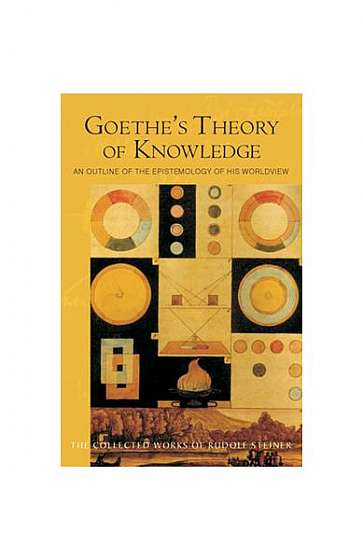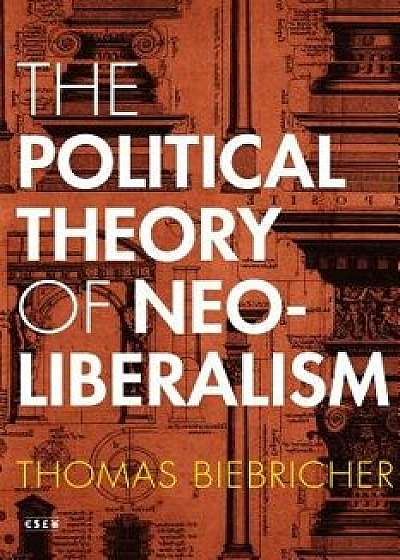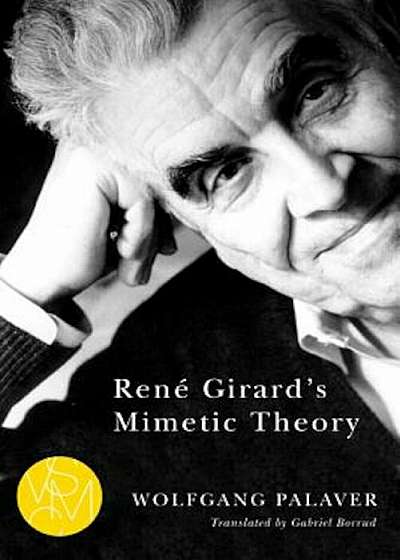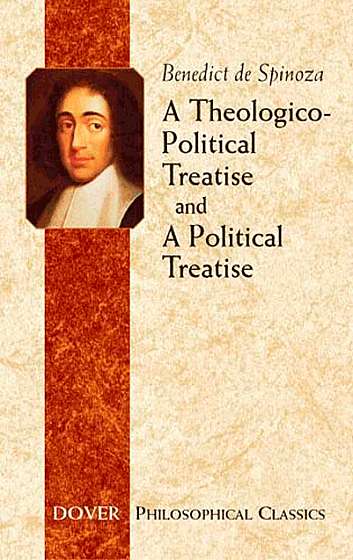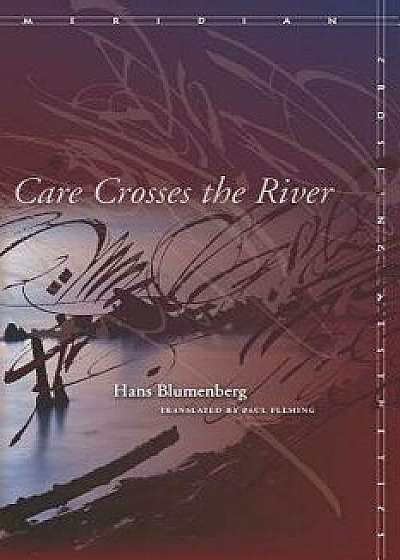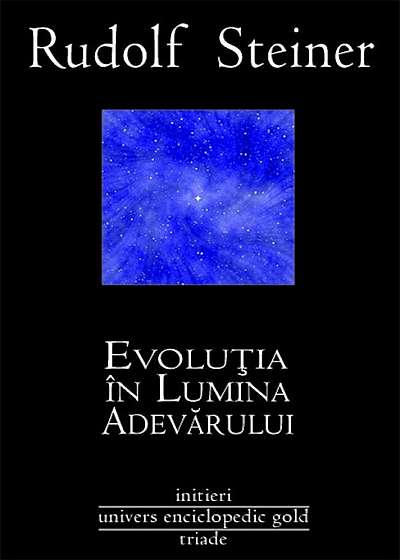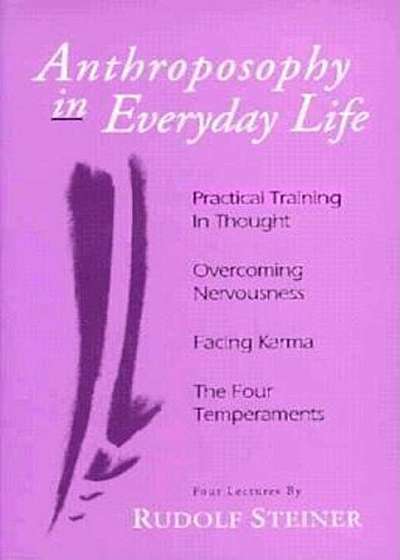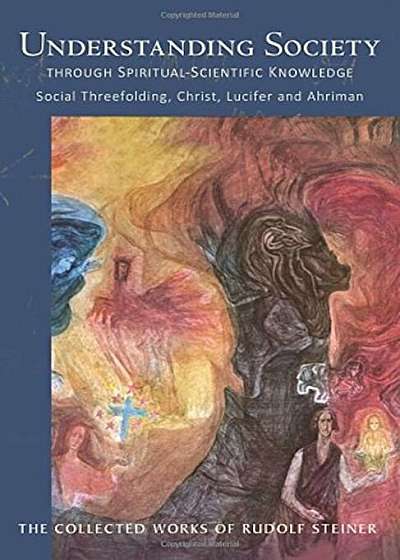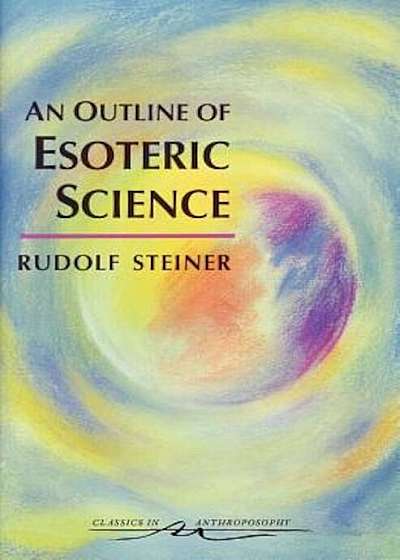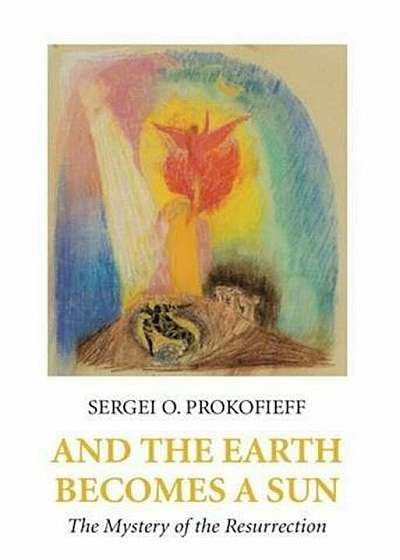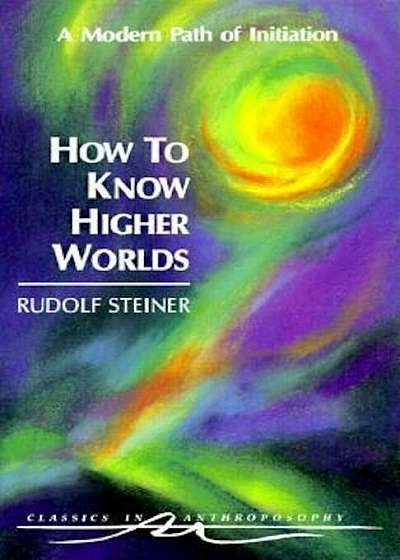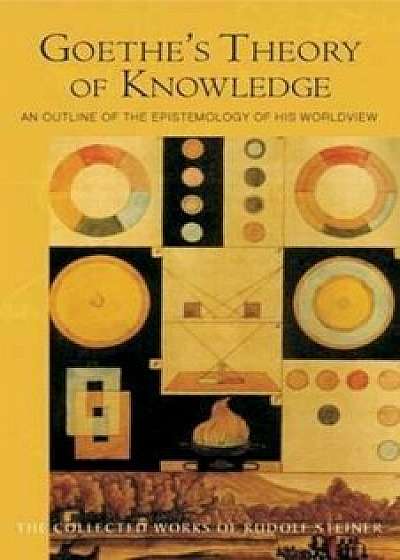
Goethe's Theory of Knowledge: An Outline of the Epistemology of His Worldview (Cw 2), Paperback/Rudolf Steiner
Descriere
Contributor(s):Author: Rudolf Steiner Introduction by: Christopher Bamford Translator: Peter Clemm Written 1884-1885; first published 1886 (CW 2) As the editor of Goethe's scientific writings during the 1880s, Rudolf Steiner became immersed in a worldview that paralleled and amplified his own views in relation to epistemology, the interface between science and philosophy, the theory of how we know the world and ourselves. At the time, like much of the thinking today and the foundation of modern natural science, the predominant theories held that individual knowledge is limited to thinking that reflects objective, sensory perception. Steiner's view was eventually distilled in his Anthroposophical Leading Thoughts in 1924: There are those who believe that, with the limits of knowledge derived from sensory perception, the limits of all insight are given. Yet if they would carefully observe how they become conscious of these limits, they would find in the very consciousness of the limits the faculties to transcend them. In this concise volume, Steiner lays out his argument for this view and, moreover, begins his explication of how one goes beyond thinking to the observation of thinking itself. Goethe's Theory of Knowledge is essential reading for a deeper understanding of Rudolf Steiner's seminal work, Intuitive Thinking as a Spiritual Path: A Philosophy of Freedom. CONTENTS: Introduction by Christopher Bamford Preface to the Edition of 1924 by Rudolf Steiner Foreword to the First Edition (1886) by Rudolf Steiner A. Preliminary Questions 1. The Point of Departure 2. Goethe's Science According to Schiller's Method 3. The Purpose of Our Science B. Experience 4. Establishing the Concept of Experience 5. Examining the Essence of Experience 6. Correcting the Erroneous View of Experience as a Totality 7. The Experience of Each Individual Reader C. Thinking 8. Thinking as a Higher Experience within Experience 9. Thinking and Consciousness 10. The Inner Nature of Thinking D. Knowle
